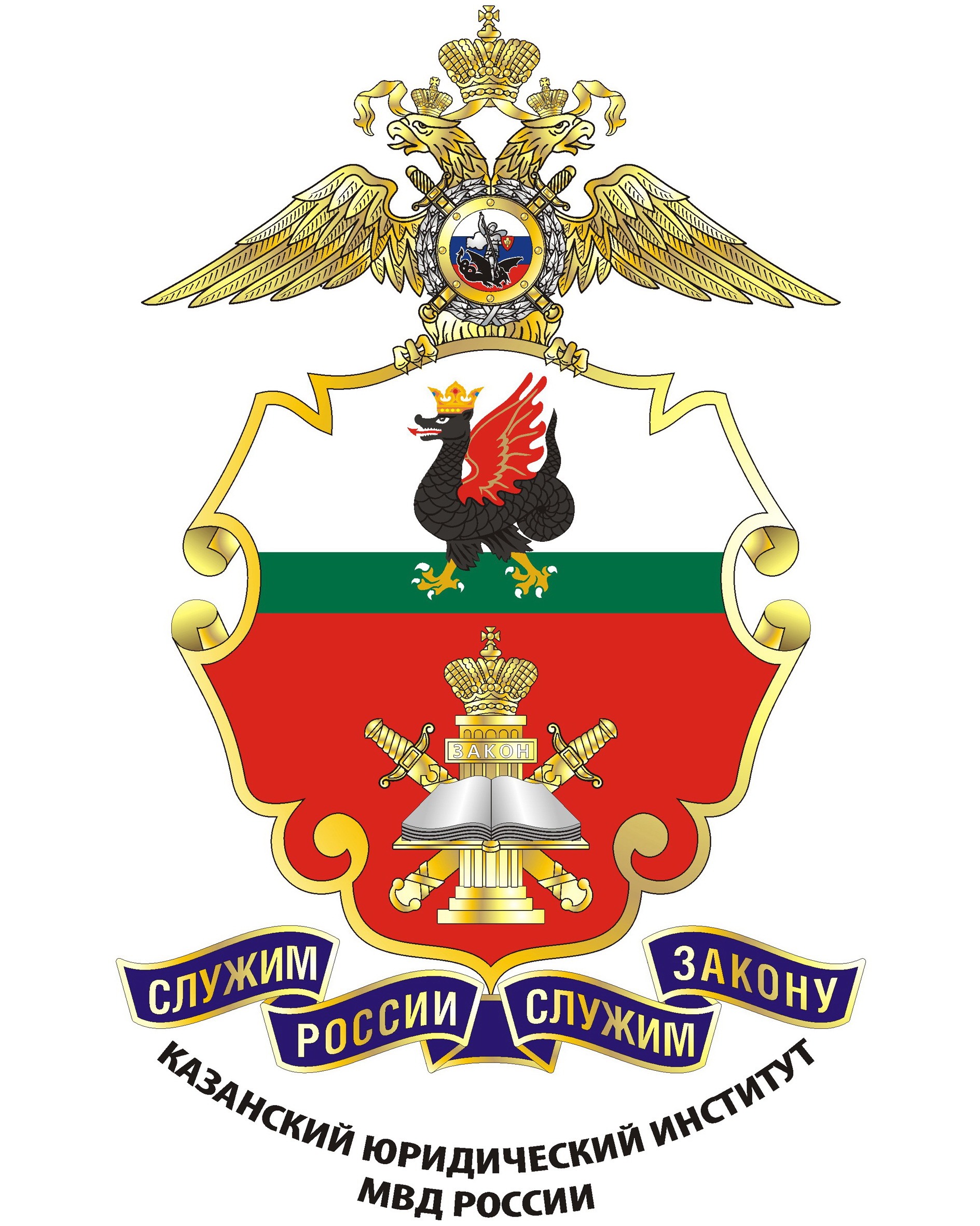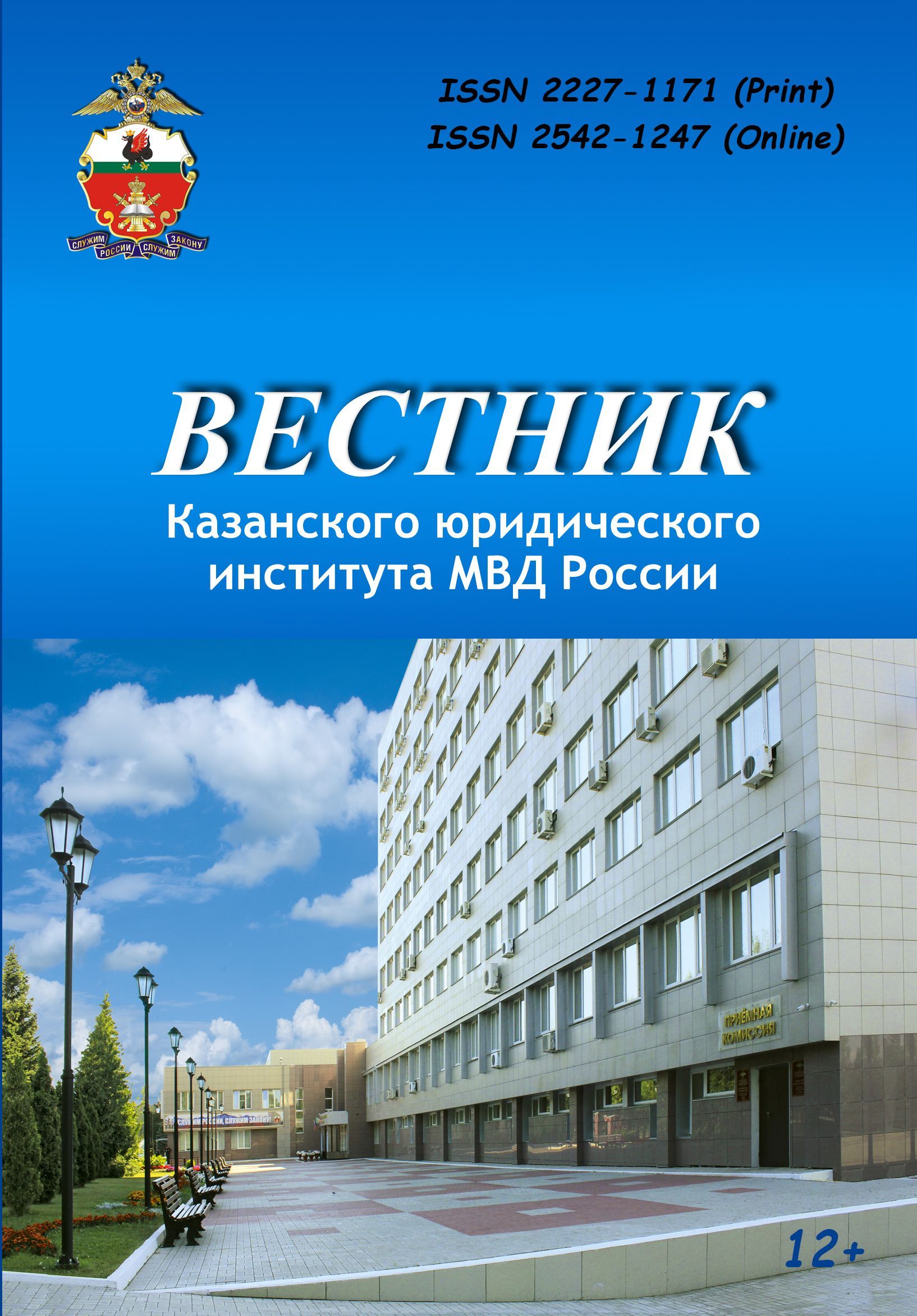Introduction: the first part of the work gives a brief overview of the general characteristics of conciliation as a sort of diplomatic (political) way of peaceful settlement of international disputes. Materials and Methods: while working on the article, empirical (study, analysis of the General Act on the Peaceful Settlement of International Disputes of 1949, comparison), theoretical methods of scientific knowledge were used. Results: the author points to the pros and cons of diplomatic means of resolving international disputes, which, among other things, also apply to reconciliation. The second part of the article is devoted to the specific characteristics of reconciliation. Attention is paid to the definition of conciliation, the connection (similarities and differences) with the most similar methods of peaceful settlement of international disputes (investigation, mediation, arbitration), and also provides an overview of the most important points. Discussion and Conclusions: the author concludes that the conciliation seems to continue retaining its place and significance, as the most suitable means in some cases either by itself, or when used at the same time with other means. This is especially so for sensitive issues such as those relating to security, disarmament, joint ventures, environmental protection, delimitation, watercourse disputes, outer space activities, and the like. Therefore, we should not be surprised if in the future this institution experiences another youth.
reconciliation, international disputes, peaceful settlement, international public law, diplomatic means
1. Bercovitch J. Resolving International Conflicts // The Theory and Practice of Mediation. Lynne Rienner Publishers. 1996.
2. Bercovitch J. Theory and Practice of Mediation. Routledge. 2010.
3. Bercovitch J. Jackson Richard Conflict Resolution in the Twenty-first Century: Principles, Methods, and Approaches. University of Michigan. 2012.
4. Bergsmo M. Quality Control in Fact-Finding. Florence: Torkel Opsahl Academic Epublisher. 2013.
5. Collins C., Packer J. Opinions and Techniques for Quiet Diplomacy. Folke Bernadotte Academy. 2006.
6. Degan V.D. International Conciliation: Its Past and Future, in: Fischer Peter, Köck Herbert Franz, Verdross Alfred (eds.): Völkerrecht und Rechtsphilosophie, Duncker & Humblot, Berlin. 1980. 261-286.
7. Gray C., Kingsbury B. Developments in Dispute Settlement: Inter-State Arbitration Since 1945 // British Yearbook of International Law. 1992. P. 97-134.
8. Words Over War: Mediation and Arbitration to Prevent Deadly Conflict / Greenberg Melanie C., Barton John H., McGuinness Margaret E. Rowman & Littlefield Publishers. 2000.
9. Greig Michael J., Diehl Paul F. International Mediation, Polity Press, Cambridge 2012.
10. Grenville J. Wasserstein Bernard The Major International Treaties of the Twentieth Century, 2013. Routledge.
11. Grotius Hugo on the Law of War and Peace, 1625 (translated from the original Latin De Jure Belli ac Pacis and slightly abridged by Campbell A.C.). Baoche Books, Kitchener. 2001.
12. The Permanent Court of Arbitration: International Arbitration and Dispute Resolution / Hamilton P., Requena H.C., van Scheltinga L., Shifman B. Kluwer Law International. 1999.
13. Handbook on the Peaceful Settlement of Disputes Between States // United Nations. New York. 1992.
14. Hellestveit C. International Fact-Finding Mechanisms: Lighting Candles or Cursing Darkness? // Bailliet Cecilia Marcela, Mujezinović Larsen Kjetil (eds.): Promoting Peace Through International Law, Oxford University Press, 368-394. 2015.
15. Jackson Elmore Mediation and Conciliation in International Law, International Science Social Bulletin. 1958. No. 4, 508-543.
16. Krivokapiћ Boris, Dobre usluge i posredovaњe u reshavaњu meђunarodnih sporova, Srpska politichka misao. 2015. No. 3. 33-49.
17. Krivokapić Boris Mir i rat u međunarodnim odnosima i pravu, Beograd. 2017.
18. Lanz D., Wählisch M., Kirchhoff L., Siegfried M. Evaluationg Peace Mediation, Initiative for Peacebuilding. 2008.
19. Lauterpacht H. International Law, Collected Papers. Vol. 5, “Disputes, War and Neutrality”, Cambridge University Press. 2004.
20. Merrills J.G. International Dispute Settlement, Cambridge University Press. 2005.
21. Princen T. Intermediaries in International Conflict, Princeton University Press. 1992.
22. Reif Linda C. Conciliation as a Mechanism for the Resolution of International Economic and Business Disputes, Fordham International Law Journal. 1990. No. 3, 578-638. Rhyne Charles S. (1971), International Law, Washington D.C. 1971.
23. Rubino-Sammartano Mauro International Arbitration: Law and Practice, Kluwer Law International. 2001.
24. Shaw Malcolm N. International Law, Cambridge. 2003.
25. Sohn Louis B. The Function of Arbitration Today, Hague Academy of International Law Collected Papers, Vol. 108, 1963 (1993 reprint by H. Charlesworth & Co. Ltd.).
26. Spain A. Integration Matters: Rethinking the Architecture of International Dispute Resolution, University of Pennsylvania Journal of International Law Vol. 32. 2010. 1-55.
27. Susani N. Conciliation and Other Forms of Non-Binding Third Party Dispute Settlement // Crawford James, Pellet Allain, Olleson Simon (eds.): The Law of International Responsibility, Oxford University Press, 2010. 1099-1105.
28. Zartman William I. Peacemaking in International Conflict: Methods & Techniques, United States Institute of Peace. 2007.















